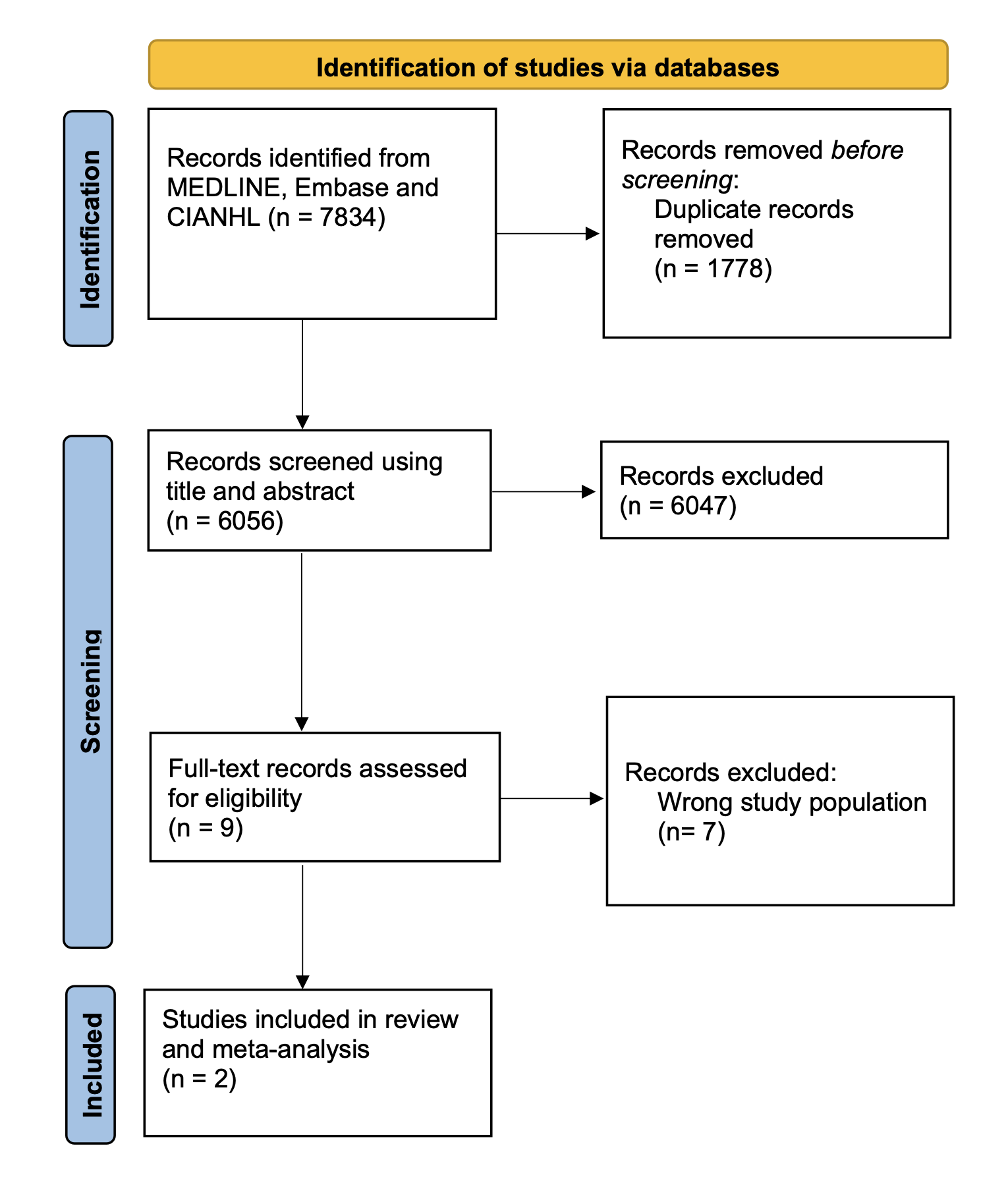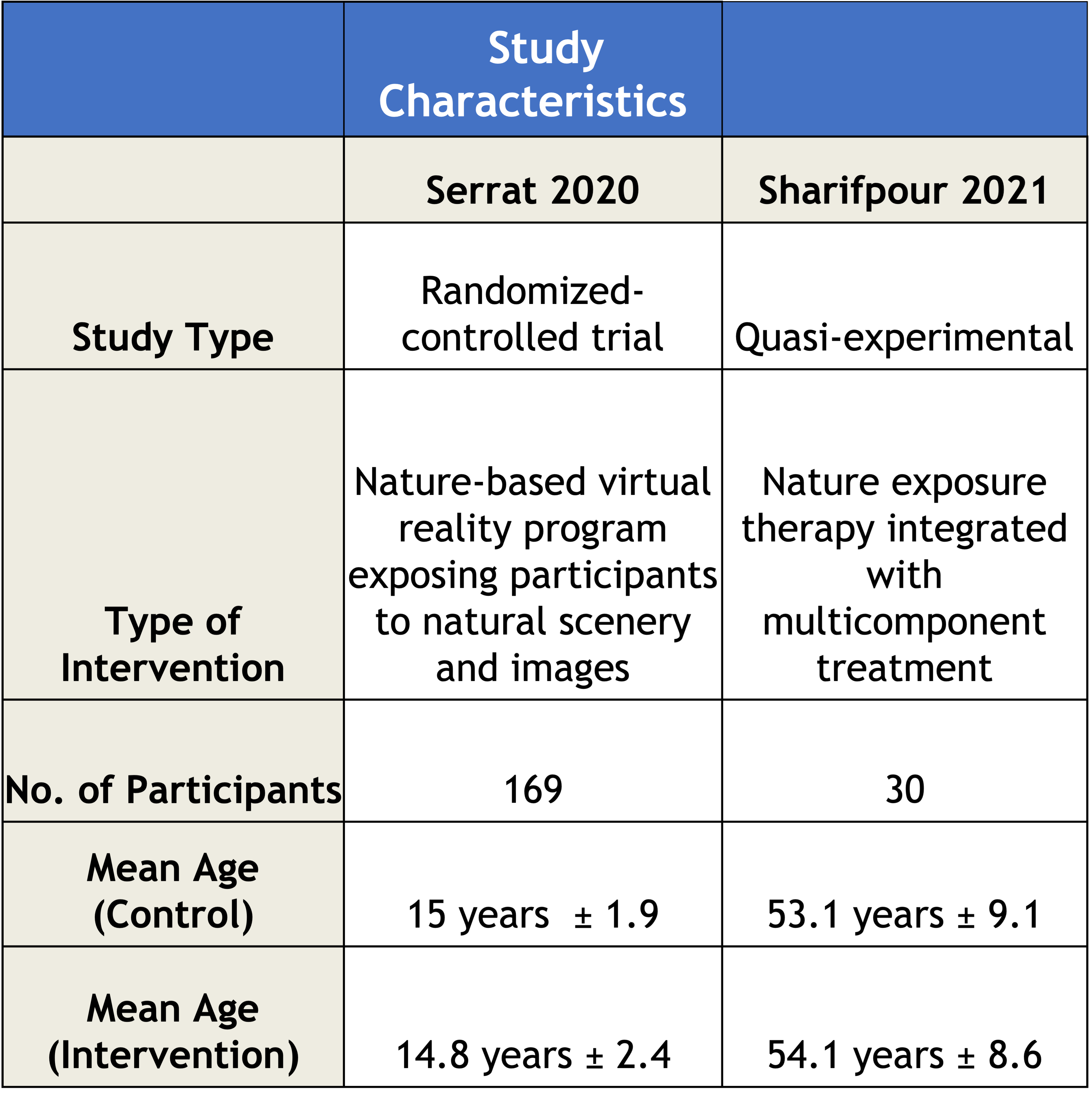Environmental Health
Session: Environmental Health
246 - Nature Exposure Therapy for Chronic Pain in Pediatric Patients - A Systematic Review and Metanalysis
Saturday, May 4, 2024
3:30 PM - 6:00 PM ET
Poster Number: 246
Publication Number: 246.1162
Publication Number: 246.1162

Oluwakemi Badaki-Makun, MD, PhD (she/her/hers)
Director of Research, Pediatric Emergency Medicine
Johns Hopkins Children's Center
Baltimore, Maryland, United States
Presenting Author(s)
Background: Chronic pain is a complex condition that can have detrimental effects. Approximately 8% of children experience chronic pain worldwide. Nature exposure therapy is a unique non-pharmacological intervention that has been explored in the rehabilitation of chronic pain.
Objective: To evaluate the effects of nature exposure therapy on pain and quality of life in patients with chronic pain.
Design/Methods: Databases searched included MEDLINE, Embase, and Cumulative Index for Nursing and Allied Health Literature (CINAHL). Inclusion criteria were controlled trials comparing nature exposure therapy to standard care for patients with chronic pain. Physical and virtual nature exposure therapies were considered and no limitations were imposed on the form of nature exposure intervention, encompassing both active and passive experiences. Trials using secondary treatments, pharmacological interventions, or subjective measures of pain as primary outcomes were excluded. Primary outcomes were quantitative pain intensity and anxiety scores.
Results: Of 6056 studies screened, two (one pediatric and one adult) were included (199 participants, 99 nature exposure therapy, 100 control). A randomized controlled trial using nature exposure therapy in children with cancer-related chronic pain revealed reductions in pain intensity (-37.6%) and anxiety (-67.8%) between intervention and control groups (p=0.01). Similarly, reductions in pain intensity (-23.4%) and anxiety (-23.7%) were demonstrated in a quasi-experimental trial investigating nature exposure therapy in adults with fibromyalgia (p=0.001). Meta-analysis showed mean pain intensity reduction among all participants receiving nature exposure therapy was -32.0% (95% CI: -38.0, -26.0) compared to -1.47% (95% CI: -5.29, 2.35) among controls. Mean anxiety reduction was -47.6% (95% CI: -87.7, -7.5) among participants receiving nature exposure therapy and -1.8% (95% CI: -4.0, 0.30) among controls. There was no significant difference in pain intensity and pain-related anxiety score reductions between children and adult participants receiving nature exposure therapy.
Conclusion(s): Our findings suggest that nature exposure therapy may have therapeutic effects in children with chronic pain and could be an effective and low-risk intervention in chronic pain rehabilitation. This systematic review highlights the need for well-designed randomized controlled trials to investigate the use of nature exposure therapy for children with chronic pain. Additionally, the review emphasizes the potential value of nature spaces in communities and their significance in urban planning.


